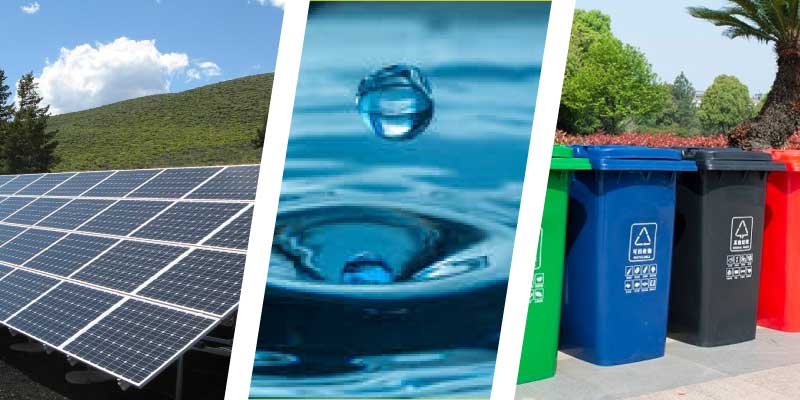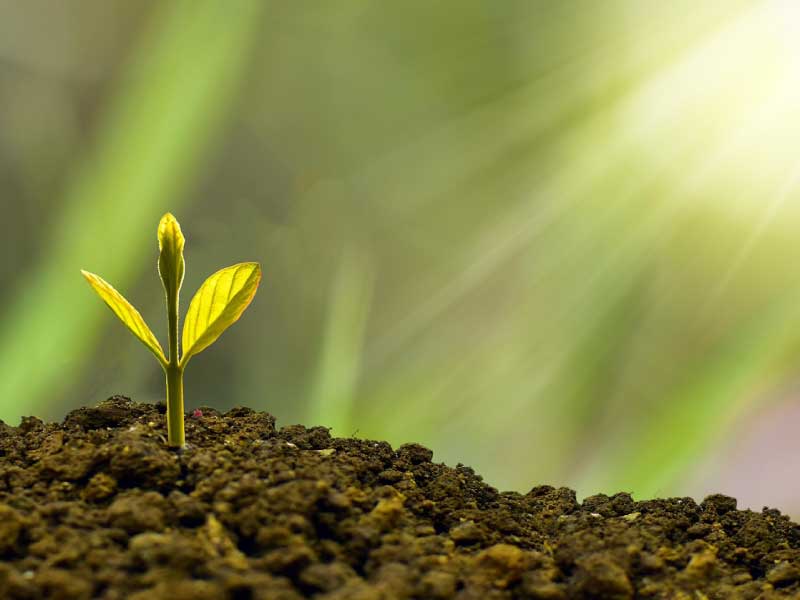Sustainable Tourism
Support Coron in becoming a leading example of sustainable tourism.

Sustainable tourism is a way of traveling that takes into account the long-term economic, social, and environmental effects on a destination.
The goal is to address present needs without jeopardizing the future, striking a balance between visitors, the industry, the environment, and host communities. Key ideas focus on reducing harm to ecosystems and local cultures while ensuring economic advantages and steady employment for locals.
Key Points
Environmental, social, and economic factors are the three key principles when discussing sustainable tourism in a destination like Coron.
The environmental is definitely the most important factor to consider when determining if a place is growing sustainably or not. Coron faces significant challenges due to the power generation industry, the outdated fleet of vehicles and vessels used for logistics and the always hazard of the single use plastics. The primary source of power in Coron and Busuanga is fuel burning, which severely harms the ecosystem and the health of both animals and humans. Additionally, the unreliable grid service forces families and businesses to rely on backup generators to sustain their lifestyle and activities. These generators are among the least efficient and most polluting components in the power generation system, with serious negative effects on the health of locals and visitors alike.

On the Social factor of the equation it is mandatory to include community involvement, cultural heritage preservation, economic empowerment, and improving the quality of life for local residents. Coron, like the rest of the country, is known for its friendly locals who greet visitors with warm smiles and genuine hospitality. In return, it’s important for visitors to respect the local traditions, cultural values, and economic realities. A place where locals maintain a good relationship with visitors is a strong candidate for achieving the goal of sustainable tourism.
Sustainable tourism’s economic factors involve creating long-term viability through benefits like stable jobs, fair income, and infrastructure development, while also ensuring fair distribution of wealth and local economic stimulation. The tourist can take an active role in this matter, as it is entirely their decision where to sleep, where to eat, or whom to choose for activities. Places properly registered with the BIR (Bureau of Internal Revenue), employing registered workers, complying with local regulators like DENR (Department of Environmental and Natural Resources) and PCSD (Palawan Council for Sustainable Develpment) and offering stable jobs establish a vital connection between paying taxes and funding services or infrastructures to develop the destination and its community.
We could continue listing ideas and developing ways to support sustainable tourism in Coron, but we believe what we’ve shared is enough for now. If you’ve made it this far, THANK YOU! We hope that through your practices, you will help boost us as a Sustainable Tourism Destination.
How solar and wind power generation helps environment in Coron?
Unfortunately, hundreds of fuel drums are burned on the island every day to supply power to hotels, restaurants, households, and other establishments, releasing massive amounts of CO2 and other harmful gases into the atmosphere. Solar and wind power generation are emissions-free technologies that don’t release any gases into the atmosphere and make use of resources already available on the island, like sunshine and wind. Plus, keep in mind that the fuel burned in local generators has to be shipped to the island using outdated vessels, which also burn fuel and pollute the environment.
TIP: During your vacation, always prioritize establishments flagged as environmentally friendly. This will not only show appreciation for their efforts but also encourage others to follow the same path.
What is Km0 food?
Km0 Food refers to food that is grown and consumed within a short distance, usually within 100 kilometers, to cut down on transportation and promote local economies and sustainability. Originating from the Slow Food movement, this idea highlights using locally sourced ingredients to lower the environmental impact of food miles.
TIP: When dining at a restaurant in Coron, consider ordering something that hasn’t traveled by airplane or cargo ship. This way, you’ll be supporting not just restaurant but also the local suppliers. Busuanga Island offers fresh vegetables, fish, and pork, so you’re sure to find something delicious.
Why some establisments are flagged as environmental friendly.
Thanks to the eco-friendly measures implemented by each establishment, they have been recognized as environmentally friendly. We encourage visitors to consider these options when choosing accommodations, restaurants, or activities.
How can I reduce the carbon print of my trip?
There’s always something to be done, especially when it comes to the noble task of preserving the environment. Try to accomplish as more practices as possible:
– Refuse single use plastics: Bring your own bag or reuse an old one instead of opting for a new one for your purchases, refill your water bottle whenever possible before buying a new one, avoid using plastic straws, and choose metal cutlery over single-use plastic utensils.
– Refuse the single dosis sackets: Unfortunately, Filipino laws still allow mono-dose packaging for everyday use products. We encourage everyone to minimize the use of this packaging whenever possible.
– Segregate waste: Unfortunately, Filipino laws still allow mono-dose packaging for everyday use products. We encourage everyone to minimize the use of this packaging whenever possible.
– Swith off the aircon when not in the room: Yes, it’s nice to come back to a cool room after a full day of island hopping, but keep in mind that powering that air conditioner likely involves a noisy, polluting diesel generator nearby, affecting both your health and that of everyone around you.
– Advocate for a change: Support businesses committed to sustainability. By doing so, you not only show appreciation for a company that cares about the planet you live on, but also inspire others to follow their example.